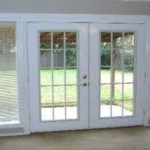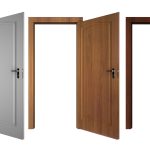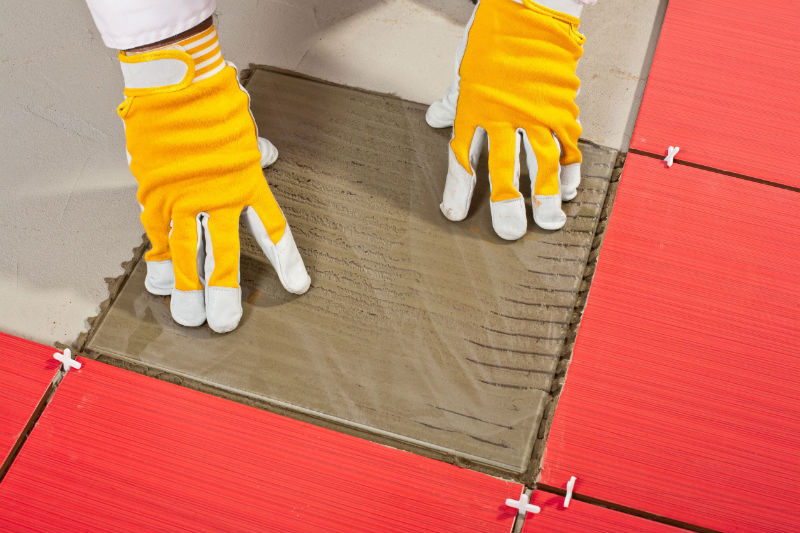A Heating contractor is trained to work on commercial and residential heating systems and keep them meeting the warranty conditions by ensuring proper maintenance is kept up according to the manufacturer schedule and done by a qualified technician. Heating technicians typically offer sales, service, and installation of gas and electric furnaces, gas and electric water heaters, gas boilers, duct work, ductless systems, and even air purification and dehumidifier systems and radiant floor heat. Companies that provide heating system sales, installation, and repair often offer 24-hour emergency service. It may be a good idea to make sure to ask if any technician they send out will be wearing a company uniform and have a photo ID. The company should be licensed, insured, and bonded for your protection, since they will be inside your home or business.
Most Heating contractor businesses also take care of air conditioning systems, too, as well as ventilating systems, hence the term HVAC, for heating, ventilation, and air conditioning. A possible way to save money on your maintenance is to ask if the contractor participates in a maintenance program. These programs typically cover electrical and gas furnaces, boilers, air conditioners, electric and gas water heaters including tank-less and high-efficiency water heaters, air purifiers. The contractor may also offer financing for several years.
Not everyone is familiar with systems that affect indoor air quality, but an HVAC business is the right place to inquire about air cleaners, humidifiers, ventilators, and even carbon monoxide alarms. Older homes likely do not have one of the new digital thermostats, but your HVAC dealer can install one. With an intelligent, digital thermostat, you can quickly and easily manage the temperature settings and ventilation throughout the home.
These are high-efficiency units that have touch-screen operation and intelligent systems that allow you to employ zone control, adjusting the temperature down in rooms of the house you rarely use, to lower your heating bill.
You can program it so that you only have to press one button when you leave the house for the day, and the thermostat will decrease the temperature in the house for a set time period.









